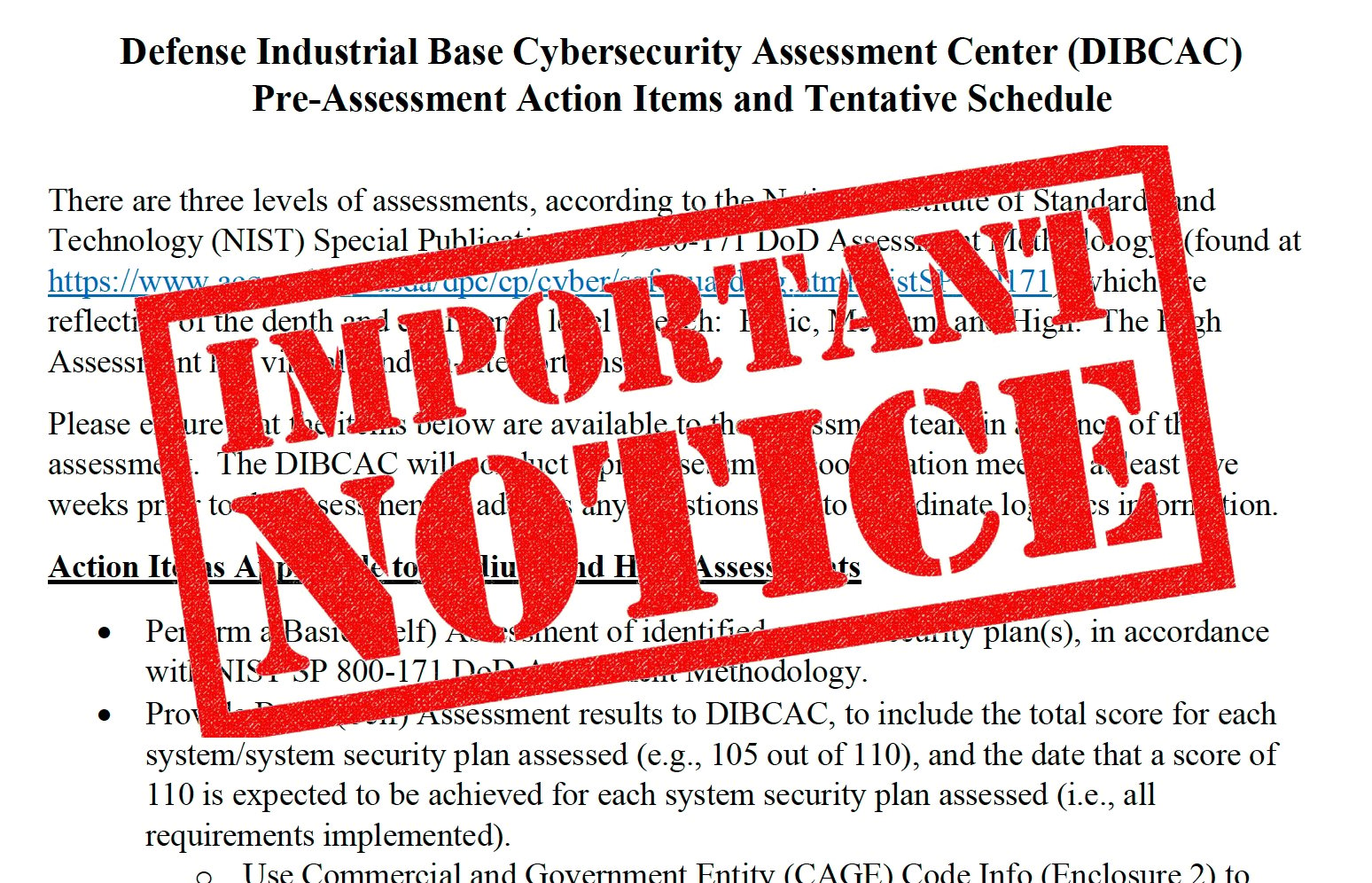Pelican3 Consulting LLC Expands Tax & Accounting Services with Acquisition of RT Taxes LLC
FOR IMMEDIATE RELEASE Date: December 16, 2025
1 min read
Rob Blanchard : Updated on August 1, 2025

Welcome to the first installment of our blog series, "Mastering Data Governance: Five Pillars for Success." In a rapidly evolving marketplace characterized by data-driven decision-making, the quality of your data plays a pivotal role. Today, we'll delve into why Data Quality Management is critical, the challenges it addresses, and actionable tips to maintain high-quality data in your organization.
Why Data Quality Matters
In today's digital age, data is often likened to oil—a valuable resource that powers businesses. But unlike oil, data is often generated at breakneck speeds and in massive volumes. This makes the quality of data even more critical. High-quality data enables better decision-making, fosters customer trust, and ensures compliance with various regulatory requirements.
Key Challenges in Data Quality Management
Duplicate Records - Duplicate records can dilute the potency of your data and lead to inefficiencies. For instance, sending out duplicate marketing emails can irritate customers and potentially harm your brand image.
Inaccurate Data - Errors in data entry or inaccurate information can have a cascading effect, leading to poor decision-making, reduced operational efficiency, and even financial losses.
Outdated Information - Data tends to decay over time. Addresses change, and so do phone numbers and other personal information. Outdated data is not just irrelevant; it can be misleading.
Tips for Ensuring High-Quality Data
Data Auditing - Regular audits can help you identify inconsistencies, inaccuracies, and duplicates in your data. Once identified, these issues can be corrected before they escalate into major problems.
Standardization - Adhering to standardized formats for data makes it easier to manage, analyze, and share information. This is particularly important for organizations that deal with global clients and must adhere to various regional standards.
Validation Rules - Implement validation rules in your data entry systems to catch errors before they enter your database. This is a proactive way to maintain high data quality.
Your Takeaway
A robust approach to Data Quality Management involves implementing strategies that identify and eliminate issues at various stages—from data collection to data utilization. By focusing on data quality, you not only ensure the integrity of your data but also build a strong foundation for your overall data governance strategy.
Are you ready to elevate your Data Governance game? Don't miss the rest of our series where we cover additional pillars for successful data governance. Subscribe to our blog to get notified about our upcoming posts, and feel free to share your own challenges or success stories in Data Quality Management in the comments below.
We hope you found this blog post informative and actionable. Stay tuned for more expert insights into mastering data governance.
Strategic Tech. Financial Growth. Harmonized. ©

FOR IMMEDIATE RELEASE Date: December 16, 2025

DIBCAC Is Assessing Your NIST 800-171 Compliance, and the Clock Is Already Running You opened your mail and there it was: a formal notification from...

FOR IMMEDIATE RELEASE Pelican3 Consulting and Code 6 Technologies Unite to Strengthen Cybersecurity, Forensics, and Technology Advisory Services ...